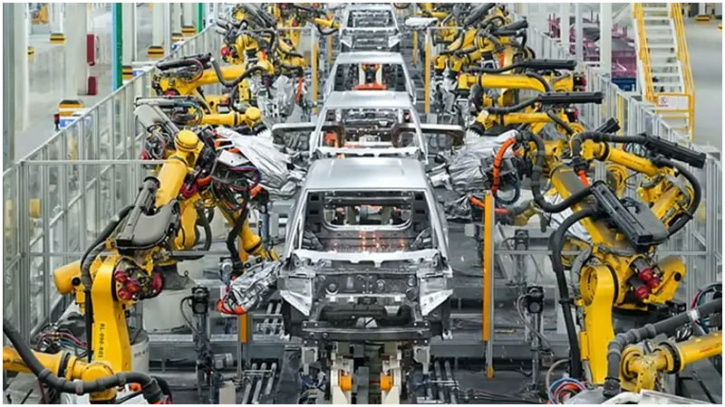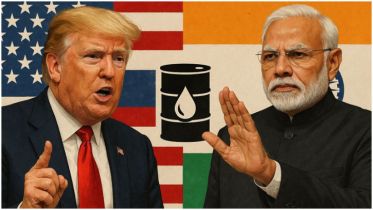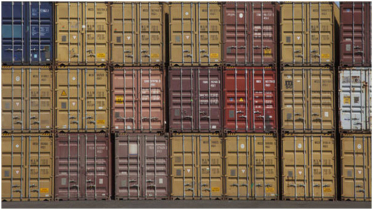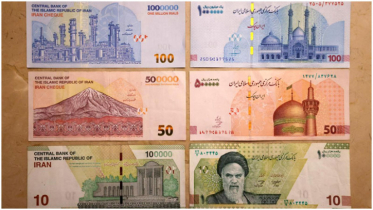Asian factory activity contracts in May amid US tariff pressures

Manufacturing activity across Asia declined last month, with data pointing to a challenging economic environment driven by subdued demand from China and escalating trade tensions with the United States.
Private surveys released Monday revealed that export-reliant economies such as Japan and South Korea continued to see contraction in factory output, as uncertainty over U.S. trade policies — particularly automobile tariffs introduced by President Donald Trump — weighed heavily on sentiment.
China, the region’s economic powerhouse, also showed signs of weakness. An official survey published Saturday confirmed that Chinese manufacturing contracted for a second consecutive month in May, deepening concerns about the broader regional outlook.
“Asia’s manufacturing sector is unlikely to rebound anytime soon,” said Toru Nishihama, chief emerging market economist at Dai-ichi Life Research Institute. “Tariffs are hitting regional exporters hard, and China’s strategy of offloading cheap exports into the region is further adding deflationary pressure.”
Japan’s manufacturing PMI, compiled by au Jibun Bank, came in at 49.4 for May — an improvement from April, but still below the 50-point threshold that signals contraction. This marks the 11th straight month of decline. South Korea's PMI, reported by S&P Global, fell to 47.7, remaining in negative territory for the fourth consecutive month due to weak demand and ongoing tariff effects.
Both economies contracted in the first quarter, reflecting the broader toll of trade tensions and waning export momentum.
Elsewhere in the region, factory activity in Vietnam, Indonesia, and Taiwan also declined in May, further underscoring the widespread impact of slowing global trade.
Tensions escalated late last week when President Trump accused China of violating a trade agreement and announced a doubling of global tariffs on steel and aluminum to 50%, intensifying concerns about the stability of international commerce.
While Japan and the U.S. have agreed to resume trade talks ahead of the June G7 summit, Japan’s lead negotiator cautioned that a breakthrough is unlikely unless the U.S. agrees to roll back tariffs across all sectors, including on automobiles.
With trade negotiations stalling and global demand weakening, analysts warn that Asia’s manufacturing sector faces an extended period of uncertainty.
.png)




